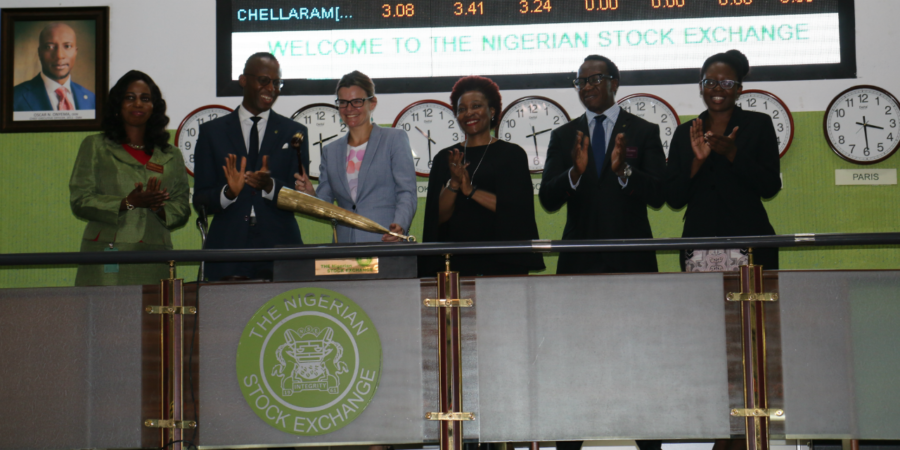When I tell people I live in Lagos, Nigeria, I often get quite a lot of quizzical looks… Why did you move there with your family? Is it safe? What about Boko Haram? Is corruption not endemic?
As the British Deputy High Commissioner to Nigeria, I know that the challenges of corruption, insecurity and poverty persist in Nigeria, as in some other parts of Africa. They are real and they are important. And indeed the UK government is working hard to address them. But there’s also a much more positive story that should be told. It’s a story of opportunity. Many African countries and their economies are growing fast, providing significant opportunities for British businesses to trade and invest.
Nigeria is the largest economy in Africa. I’m based in its business capital, the colourful, vibrant, booming Lagos. Our trading relationship with Nigeria is getting stronger quickly – it was worth £4.2billion in 2017, nearly a 25% increase on 2016. It is no surprise that the Prime Minister chose to visit Nigeria in August this year.
/
The UK government works hard to support this increased trade and investment. A lot of what we do is about sharing knowledge and information, to ensure that UK companies can make informed choices. There are a lot of ’myths’ that we can bust – but we are also very upfront about the challenges, both on the cost of doing business, and some of the difficulties associated with it (see our Overseas Business Risk guide for Nigeria). We can also share information on how regulation works in Nigeria, for example, or our experience on which sectors are likely to offer new opportunities. We can provide support on how to do business with integrity, including guidance for Small and Medium Entreprises on how to deal with instances of corruption.
I also work with the Nigerian government to ensure that British businesses can continue to prosper and grow. Earlier this year I met with a British company that was struggling with increases in duties on some of its products. I took this up with Nigerian Government and discussed how duty increases could negatively impact on job creation and taxation in Nigeria. This year, we have even set up a new UK-Nigeria Economic Development Forum, a group of business experts and government officials from both countries to address barriers and identify opportunities for even more UK-Nigeria trade.
/
A lot of my work is also in facilitating new relationships: I introduce UK and Nigerian partners that have common business interests and help them explore opportunities for collaborating. Over the past year, we have had a lot of success in the financial services sector. Representing the interests of the UK financial and professional sectors, The City of London is keen to do much more in emerging markets such as Nigeria. That’s why we are working with both businesses and regulators to expand Nigeria’s access to global capital and financial services, through the international gateway that London represents.
My team and I are working hard to further increase British investment into Nigeria. British investors are already known and respected for the quality of their investments, the innovation they bring, their strong commitment to local expertise and the jobs they create. The UK-Africa Investment Summit planned for 2019, that the Prime Minister announced when she came to Africa, will be an important milestone to enable us to further increase UK investments in Nigeria.
/
The Foreign Office and the whole UK government sees the massive opportunities that Africa has to offer. That’s why we’re scaling up our presence across the continent. We’re opening up more embassies and high commissions and dedicating more British experts to promote economic development, growth and trade.
Looking back on the past 2 years in Nigeria, it’s been an astonishing journey. I can honestly say that this job has been one of the exciting ones I’ve ever held. The diversity of the job, as well as the breadth of opportunities, means that there is never a dull day in Lagos.
/
Find out more:

